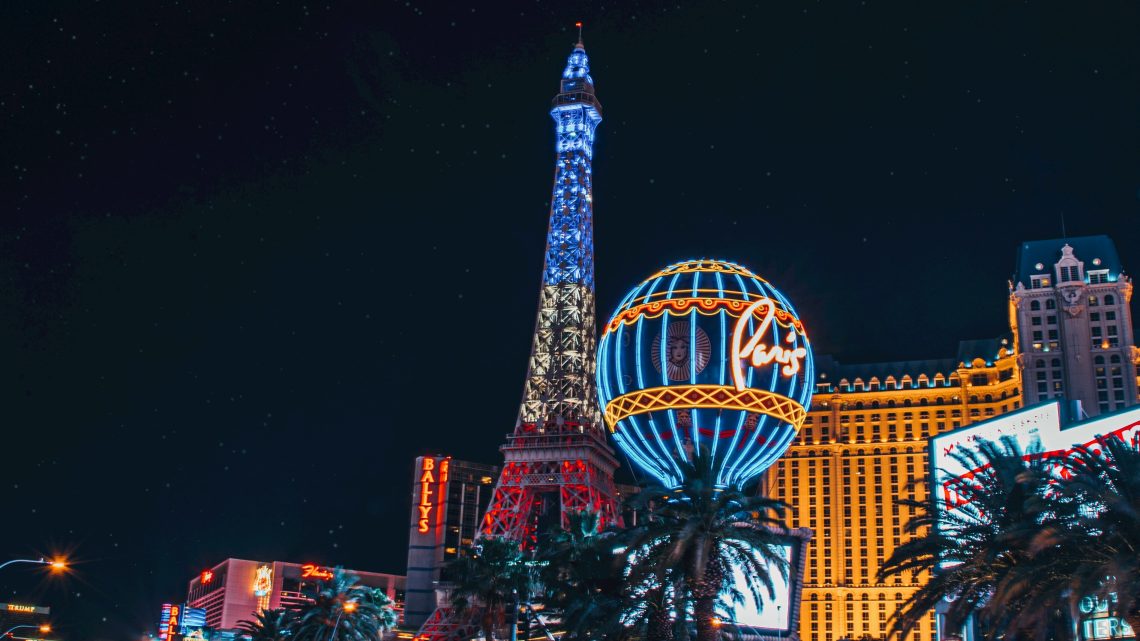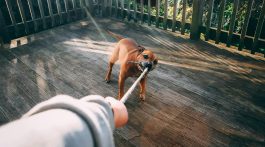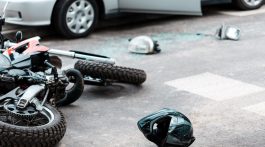Las Vegas, often referred to as the entertainment capital of the world, is renowned for its vibrant casinos, luxurious resorts, and bustling nightlife. Amidst the excitement is the potential for accidents and injuries, particularly slip and falls within the confines of these establishments. While they may seem minor, the Las Vegas personal injury attorneys at Valiente Mott want to remind you that they can have significant legal implications.
The Casino Environment
Casinos in Las Vegas are characterized by their sprawling layouts, intricate designs, and attractions. Within these expansive spaces, numerous factors can contribute to slip and fall accidents, including:
- Wet Floors: Spills from beverages or cleaning activities can create slippery surfaces, especially in high-traffic areas such as entrances, bars, and restaurants.
- Uneven Flooring: Changes in flooring materials or surfaces, such as transitioning from carpet to tile, can pose tripping hazards if not properly maintained.
- Poor Lighting: Dimly lit areas, particularly in stairwells or corridors, can obscure hazards and increase the risk of slips and falls.
- Obstructed Pathways: Cluttered walkways, loose cables, or misplaced furniture can impede pedestrian traffic and lead to accidents.
Legal Responsibility of Casinos
As proprietors of public establishments, Las Vegas casinos have a legal duty to maintain reasonably safe premises for their patrons. This duty includes:
- Regular Inspections: Casinos are expected to conduct routine inspections of their facilities to identify and rectify potential hazards.
- Immediate Remediation: Upon discovering any hazards, such as spills or uneven surfaces, casinos must take immediate action to address them and prevent accidents.
- Warning Signs: In cases where hazards cannot be immediately rectified, such as during cleaning activities, casinos are obligated to provide adequate warning to patrons through the use of signage or barriers.
Establishing Liability in Slip and Fall Cases
In slip and fall cases occurring in Las Vegas casinos, liability is determined based on the principle of premises liability. To establish liability, the injured party (plaintiff) must demonstrate the following:
- Existence of Hazard: The plaintiff must show that a hazardous condition existed on the premises, such as a wet floor or uneven surface.
- Knowledge or Foreseeability: Casinos may be held liable if they knew or should have known about the hazardous condition and failed to take appropriate action.
- Causation: The hazardous condition must be directly linked to the plaintiff’s injuries, demonstrating that the slip and fall incident was the result of the casino’s negligence.
- Damages: The plaintiff must provide evidence of the damages suffered as a result of the slip and fall, such as medical expenses, lost wages, and pain and suffering.
Slip and fall accidents in Las Vegas casinos can have serious consequences for patrons, ranging from minor injuries to long-term disabilities. Understanding the legal implications of such incidents is crucial for both casino visitors and proprietors. If you’ve been injured in a slip and fall accident in a Las Vegas casino, it’s essential to seek legal guidance to protect your rights and pursue compensation for your injuries. Remember, casinos have a legal obligation to ensure the safety of their patrons, and they can be held accountable for negligence that leads to preventable accidents.




No Comment